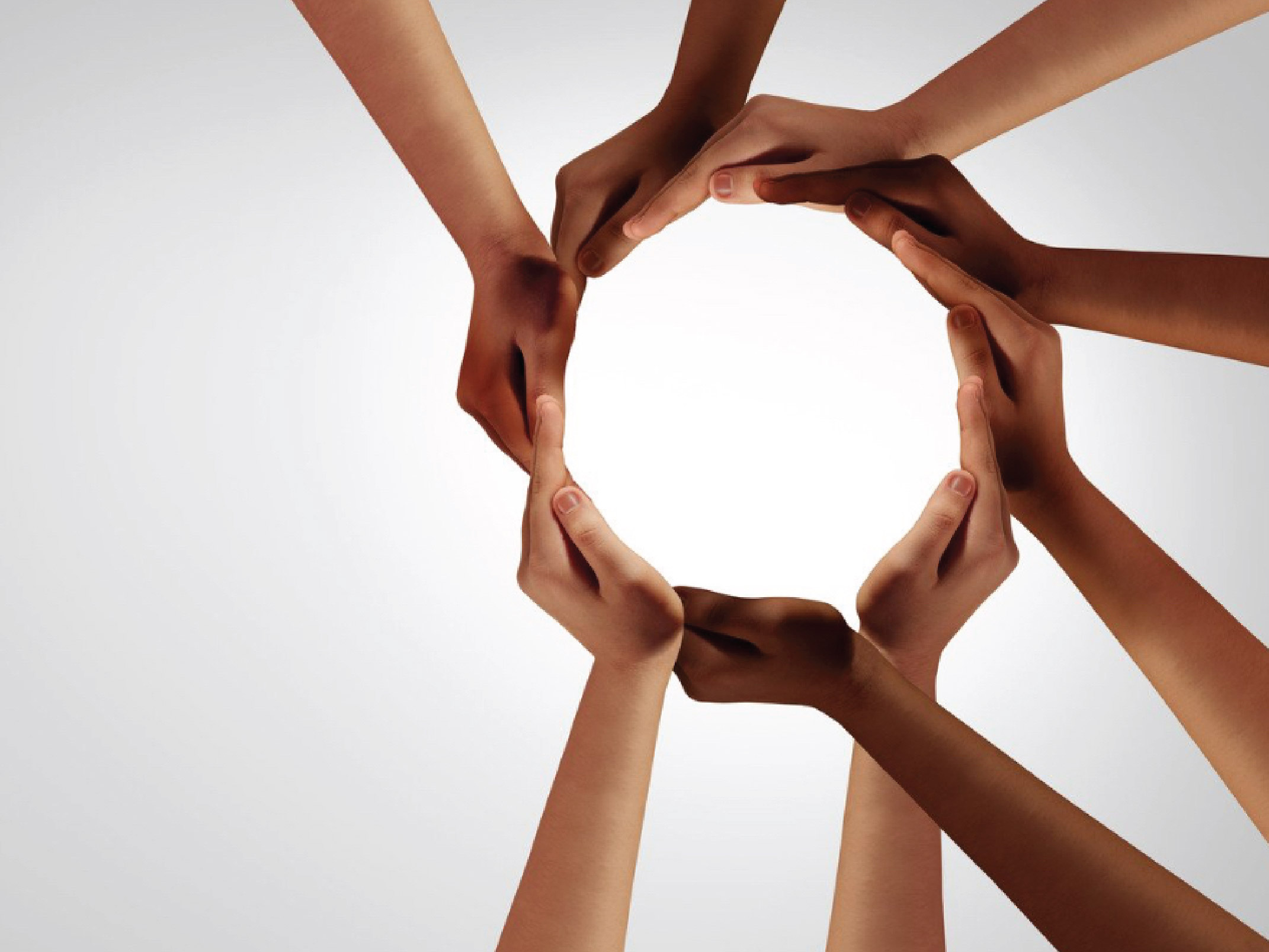SA MUST TAKE LEAF FROM TOKYO OLYMPICS: ERADICATE RACISM AND EMBRACE DIVERSITY, ONCE AND FOR ALL
The recent Tokyo Olympics have come and gone – with all their pulsating magic, magnificence and grandiose display of athleticism.
Consequently, a trove of cherished memories has been created and now will be eternally etched on the minds of millions across the globe, who were truly enthralled for weeks by the spills and thrills generated by the mammoth sporting spectacle. And, undoubtedly, the ensuing animated public reviews of the passion and scintillating performances churned out by athletes from the competing nations will surely reverberate long after the games.
Yet, still, there will most likely be even greater conjecture over the growing number of Africans representing some European nations, mostly with distinction. Some pundits have already described the phenomenon as the beginnings of the Africanising of global sport. It might well be dismissed as an exaggeration by some, but others await in anticipation. Whatever term attached the development, though, it is rather edifying and noteworthy that most of the African athletes who represented their adopted European countries at the games particularly went on to crown their memorable performances with a scoop of several gold and silver medals in their respective competitions. To behold European countries like Italy and Nederland embrace their athletes of African descent with absolute adoration, as they caused major upsets against some of the world’s best athletes, including those diversified teams from Great Britain and the United States of America, was heart-warming.
Yet, watching African exports shining on world stage as they did, it is hard not to be reminded back home in South Africa, and not succumb to the temptation of shining the mirror on South Africa, and reflect on burning issues that rock our sport. Here is a country in which Africans comprise three quarter of the population, still grappling with issues of diversity in some of its sporting codes ad infinitum, and to no avail. This, is despite efforts by various ministers of sports – albeit half-hearted – to bring about radical changes in some sporting codes like rugby, cricket and netball – to name but a few – to redress the troubling demographics 27 years into our democracy.
Sadly, there is still resistance from some quarters bent on keeping certain sporting codes white and frustrate efforts to transform them – to which the Government has no firm-handed response. All we witness are all manner of excuses and mutterings about merit – much so as though Africans and merit are mutually exclusive, when it comes to criteria to achieve sporting excellence. Given this unedifying scenario, it is difficult to argue against observations from some quarters that, in fact, selection of a few black athletes in some of the sporting codes such as rugby and cricket is nothing but a window-dressing, all done just for the country to ensure that South Africa remains in all world-organised sports competitions. However much the fathers of our sport may want to bury their heads in the sand, the scourge of racism still dogs South African sport, and this problem will continue to negate efforts at cultivating social cohesion. Until, there are candid efforts and the will to redress the demographics that continue to create dissonance and unhappiness in black quarters about issues of representativity in our sports, we will continue to remain a divided nation. Yet the Tokyo Olympics held out the lesson for all, that sport is not about but ability and supreme effort. The lesson is for those who want to hear, and make a change. Tokyo should a remain a stark reminder to the South African government that diversity is unavoidable and inevitable – whatever obfuscations those responsible for the administration engage in to avoid the inevitable. The Government must vacillate no longer; the ball is in its court to demand a brutal assessment of the nation’s sporting forays in Tokyo, and hold accountable those charged with the running and transformation of our sports, who, to all intents and purposes, have dragged their feet on this pressing issue. Finally, the road ahead to the next Olympics, must have diversity as a moral compass. It is imperative and paramount that this is so. That is, if this nation wants to remain true to its commitment to the oft-mouthed saying, that, “diversity is strength”. Diversity can only remain true to its promise, if all the components that are supposed to give it strength are a true demographic representation of that nation.





























